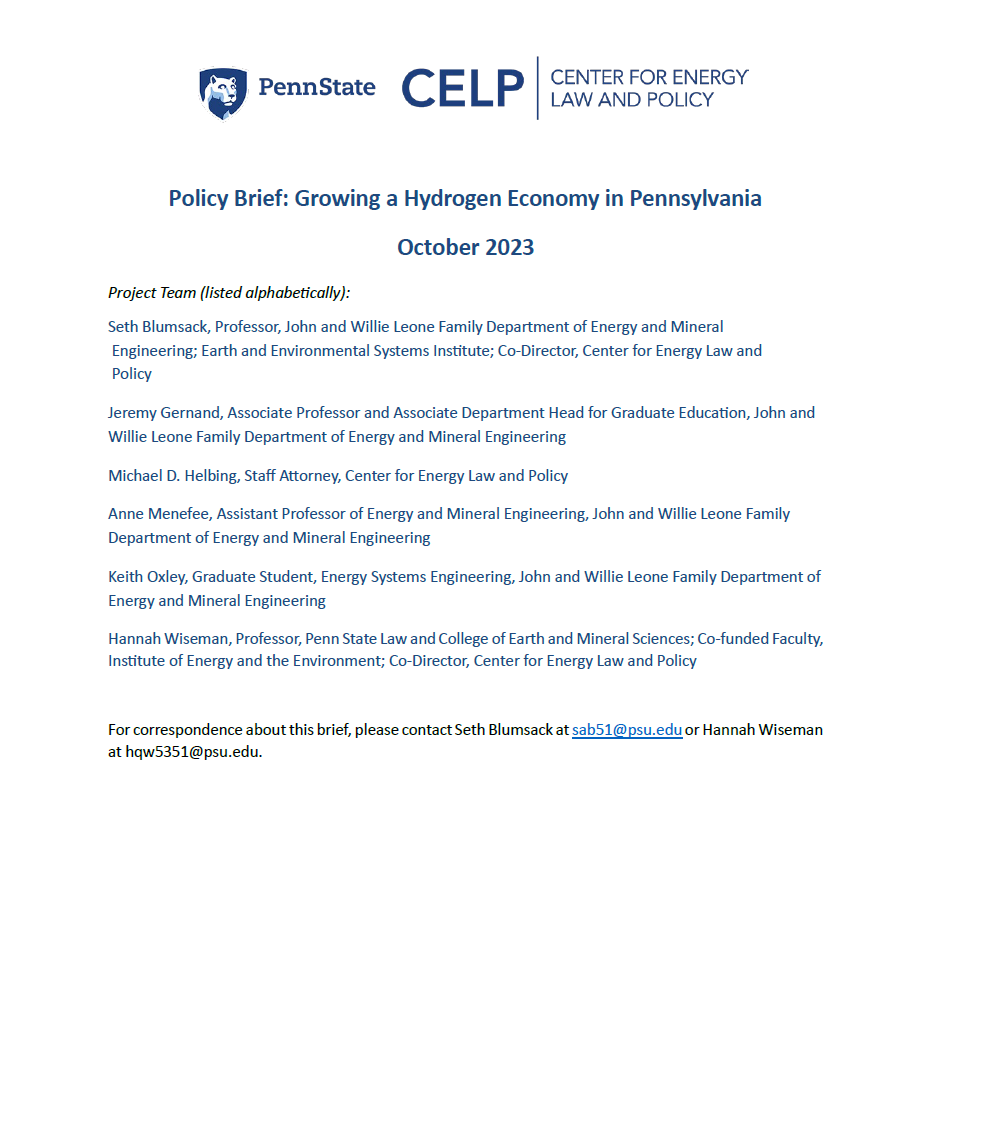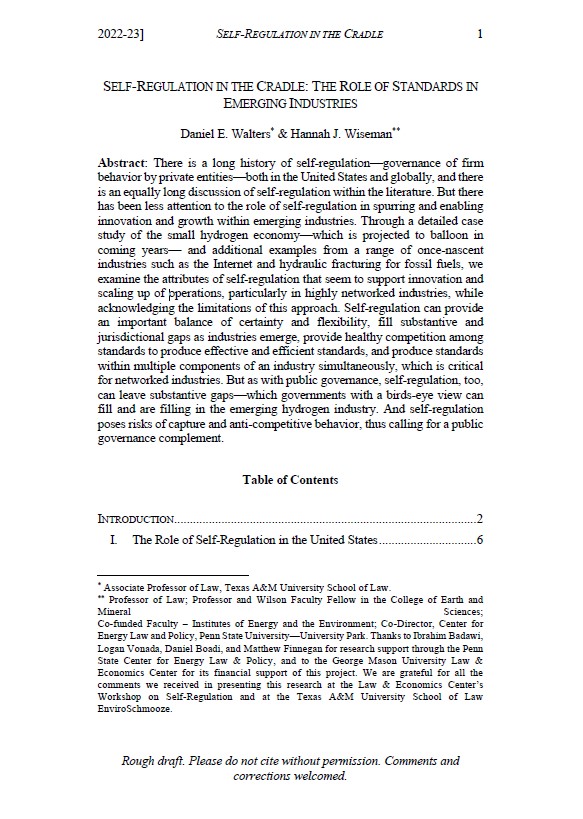Hydrogen is an important component of the energy transition toward lower-carbon energy because it is a “clean” (low- or zero-carbon) fuel that can replace or be blended with fossil fuels. Much of the broader energy transition involves electrifying sectors that run on fossil fuels and generating electricity with zero-carbon sources. But some sectors, such as heavy transportation (trucking) and industry, are difficult to electrify, making clean fuels such as hydrogen an important part of a push toward a carbon neutral economy. Clean fuels also offer important diversification of the energy supply. For example, if the electric power grid experiences a disruption, a microgrid powered by a hydrogen fuel cell can generate electricity for critical infrastructure such as emergency shelters, gas stations, and grocery stores. Additionally, it is difficult to store electricity, but power plants can produce hydrogen and store it for later use. Hydrogen fuel has been used for more than a century, but only in niche sectors. The U.S. federal government is currently pushing to jumpstart a broader hydrogen economy by granting billions of dollars to “hydrogen hubs”: regional centers that will enable and coordinate the production, transportation, distribution, and use of hydrogen. Hydrogen hubs offer important economic development opportunities and could enhance energy equity and reduce air pollution if properly implemented. But many policies must be enacted and updated for a hydrogen economy to take off. For example, there is currently no federal legislation clarifying which government agency has authority over the construction and siting (location) of interstate hydrogen pipelines and carbon dioxide pipelines to carry carbon dioxide captured from hydrogen production processes to disposal sites. Additionally, many states, including Pennsylvania, lack a legal framework that specifies property rights and liability for carbon disposal underground, and many lack hydrogen safety standards for infrastructure such as hydrogen fueling stations. The Center for Energy Law and Policy, in collaboration with the Department of Energy and Mineral Engineering at Penn State, is working to document the policy-based challenges and opportunities presented by an emerging hydrogen economy and to explore options for policies that will enable this economy to emerge.
Our interdisciplinary hydrogen team includes:
- Seth Blumsack, PhD, Co-Director of the Center for Energy Law and Policy and Professor of Energy and Environmental Economics and International Affairs, John and Willie Leone Family Department of Energy and Mineral Engineering
- Jeremy M. Gernand, PhD, Associate Professor of Environmental Health and Safety Engineering, John and Willie Leone Family Department of Energy and Mineral Engineering
- Michael Helbing, JD, Staff Attorney, Center for Energy Law and Policy
- Anne Menefee, PhD, Assistant Professor of Energy and Mineral Engineering, John and Willie Leone Family Department of Energy and Mineral Engineering
- Keith Oxley, Graduate Student in Energy Systems Engineering, John and Willie Leone Family Department of Energy and Mineral Engineering
- Hannah Wiseman, JD, Co-Director of the Center for Energy Law and Policy; Professor, Penn State Law and College of Earth and Mineral Sciences



